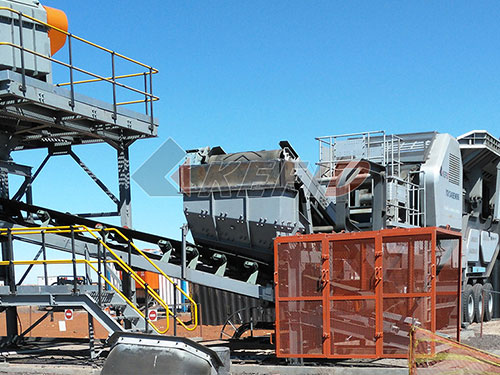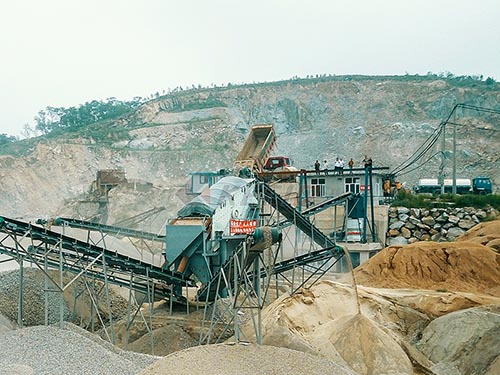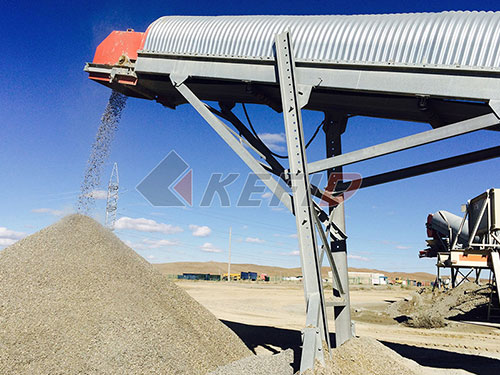The Critical Compass: Mastering Cost Sheets in Rock Crushing Operations
For any rock crushing company – whether operating stationary quarries or mobile crushing units servicing construction sites – profitability hinges on precise understanding and control of operational costs. A meticulously crafted Cost Sheet isn’t just an accounting formality; it’s the essential navigational tool guiding strategic decisions, optimizing efficiency, and ensuring long-term viability in a competitive and capital-intensive industry.

Why the Cost Sheet is Indispensable:

1. Accurate Pricing & Bidding: Knowing the true cost per ton of crushed material (aggregate) is fundamental for submitting profitable bids and setting competitive yet sustainable customer prices.
2. Operational Efficiency Benchmarking: Tracking costs over time reveals trends, identifies areas of waste (excessive fuel consumption, high liner wear), and measures the impact of operational changes or new equipment.
3. Profitability Analysis by Project/Product: Understanding which jobs or which types of aggregate (e.g., base rock vs. decorative stone) are most profitable allows for smarter resource allocation and marketing focus.
4. Informed Capital Investment Decisions: Justifying major expenditures like new crushers, screens, or conveyors requires clear data on current operational costs and projected savings/improvements.
5. Budgeting & Forecasting: Reliable historical cost data forms the bedrock for creating realistic future budgets and financial forecasts.
6. Identifying Cost Reduction Opportunities: Pinpointing high-cost areas (like energy consumption or maintenance downtime) directly targets where improvement efforts will yield the greatest return.
Components of a Rock Crusher Company Cost Sheet:
A comprehensive cost sheet breaks down expenses into logical categories relevant to the crushing process:
1. Direct Material Costs:
Raw Material Acquisition: Cost of purchasing uncrushed rock (if not self-quarried), including royalties or lease payments for extraction rights.
Fuel & Lubricants: Diesel for mobile units/crushers/excavators/loaders; lubricating oils and greases for all machinery.
Wear Parts & Consumables: The most significant variable cost: Crusher liners (mantles, concaves), screen media (wire mesh, polyurethane panels), blow bars/hammers, anvils/shoes, conveyor belts/skirt rubber, drill bits.
2. Direct Labor Costs:
Operator Wages & Benefits: Crusher operators, loader operators, excavator

Leave a Reply